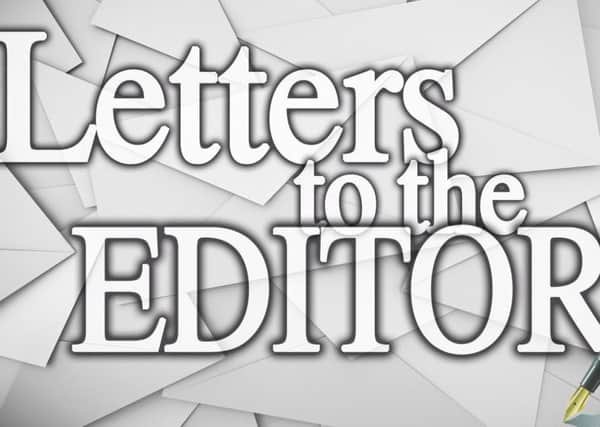Northern Ireland needs an Irish Language Act


This is unacceptable, because the Irish language belongs to us all and so does the Irish language Act.
There is disappointment and anger every time there is a new attack or divisive and insulting comment about the language from the level of the Assembly. But with the system we have here, policy and funding reversals will continue to happen every time there is a change of party political control over government ministries.
Advertisement
Hide AdAdvertisement
Hide AdThe only way to take the language out of this arena is to call for the introduction of a rights-based Irish Language Act to defend and promote Irish, as was promised in the St Andrews’ Agreement.’
The 2011 UK Census shows that there are 184,898 people with knowledge of Irish in the North that is, 10.65% of the overall population. For a significant number of Irish-speakers in Northern Ireland, Irish is their language of choice, which they use every day in the home, in the neighbourhood, in social activities and in the workplace.
In addition, Irish is a rich, ancient language with a treasury of literature. It is an Official Language of the European Union. In the North, it is recognised in significant clauses of the Good Friday Agreement, under the European Charter for Regional or Minority Languages and other international legislation.
It is apparent, unfortunately, that all this is insufficient to protect the language from uninformed attacks or from negative, sectarian policies and decisions. POBAL believes that the Irish language can and should belong to everyone. We all share a linguistic heritage and Irish has the potential to unite all the people who share this island. It is not just here, either where people of all ages and backgrounds are learning and appreciating the Irish language.
Advertisement
Hide AdAdvertisement
Hide AdThere are groups and classes elsewhere in Europe, in the US and Australia and in Canada where a living ‘Gaeltacht’ area has been established. The importance of language legislation to support the growth and development of endangered languages is widely recognised. There are language acts in the south, in Wales and in Scotland. Northern Ireland is the only place on these islands where there is no domestic legislation to protect the primary indigenous language.
The Irish Language Act was promised in the St Andrews’ Agreement in 2006. Ten years on, it is more than time to move this issue forward, away from the political field and into the area of administration. People all over the world value linguistic diversity and the Act would help to protect and promote one of our unique selling points as well as enriching our society.
POBAL rejects the ‘us and them’ approach to the language and to the Act. Language legislation already exists for Welsh in Wales and for Gaelic in Scotland. The Irish language Act was promised to us all and there is a moral duty on politicians to fulfil that.
Janet Muller, POBAL, Béal Feirste BT12